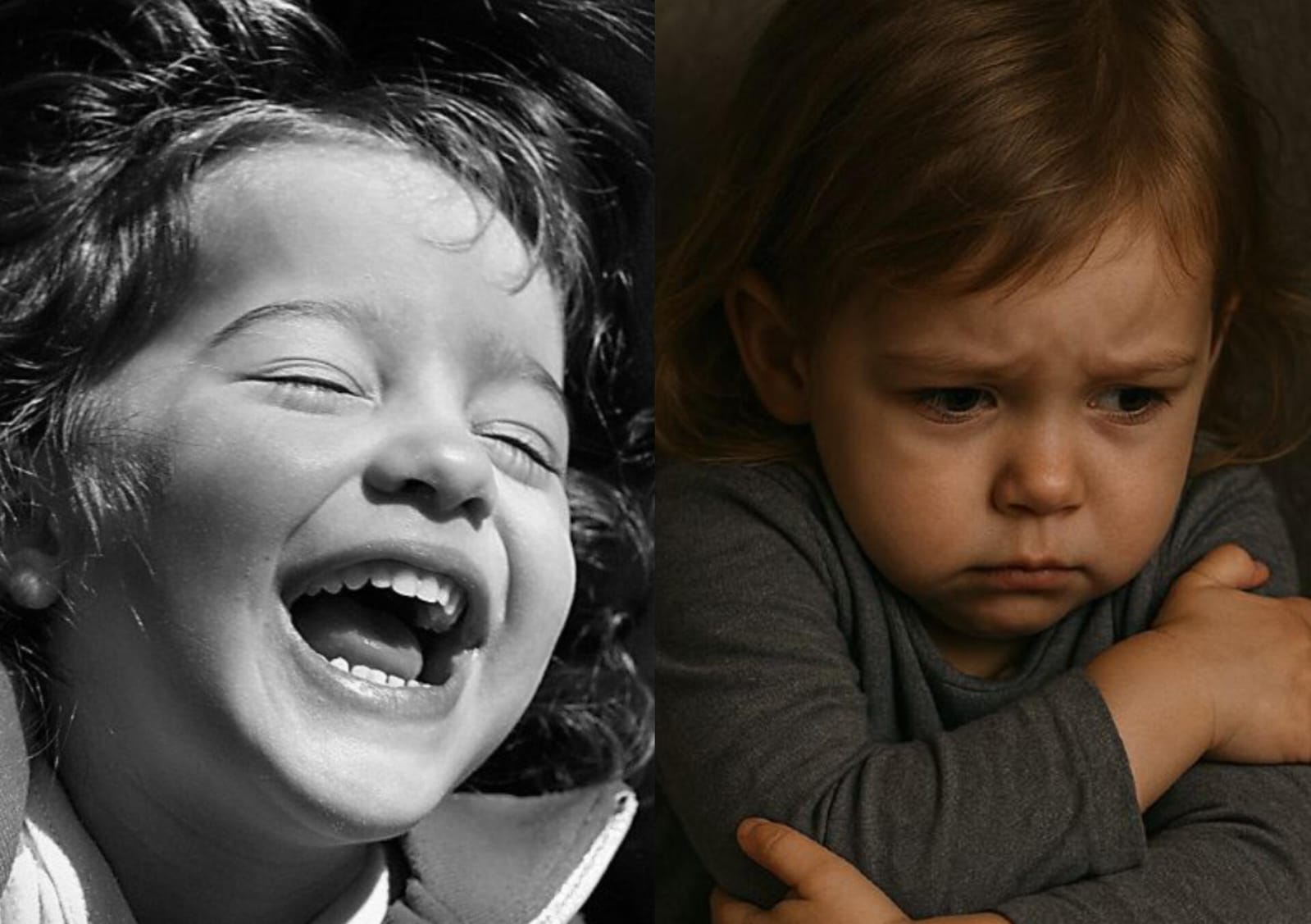Welcome, dear reader.
If you’re a parent, a sibling, or someone simply trying to understand the emotional weight parenting carries, I’m truly glad you’re here.
Today, I want to talk about something we often miss in our daily life to maintain discipline:
That sometimes, not reacting is the most powerful response of all.
That sometimes, a hug from father, mother or belongings can correct more than a hundred harsh words ever could.
Let me take you to a moment from a recent drama, where two teenagers, Anya and Sameer, make mistakes. Similar mistakes. But the way their parents react… makes impact of parenting on child’s mistake crystal clear.
Anya, after that mistake went to an emotional breakdown, stress and even tried to attempt suicide. Her parents respond with anger, disappointment, and blame. They don’t sit beside her and say, “Tell me what you were feeling.”
The result?
She sinks into depression. She feels unworthy of love, silenced by shame, and eventually, in a moment of hopelessness, she attempts to take her own life…suicide.
Now here’s Sameer — a young boy who ends up at a bar, takes drugs, and got caught by police. His parents are shocked too, hurt too… but they choose grace. They don’t explode, they don’t drag him into a storm of guilt and they choose to sit beside him, hold him, and allow him to process his own remorse.
And Sameer does.
He cries, he apologizes, not out of fear, but out of realization. He feels safe enough to be wrong, and that’s what helps him become better.
Negative regard:
Sometimes parents feel the need to show disapproval (negative regard) so children learn a lesson and its important too, as it helps child to find the difference between right and wrong.
But constant negative reactions don’t always help, sometimes they harm more than they guide.
A Hug Can Be Louder Than Any Lecture
Sometimes, a child doesn’t need a punishment.
They don’t even need advice.
They just need to know:
“I’m still loved, even when I mess up.”
When a parent chooses not to overreact, not to humiliate, not to shame, they aren’t ignoring the issue.
They’re making a conscious choice: to connect before correcting.
And that one choice can shape the child’s future in ways discipline alone never could.
Children don’t fall apart because they fail.
They fall apart when they fail, and feel alone in it

if you don’t mind, what does it means?